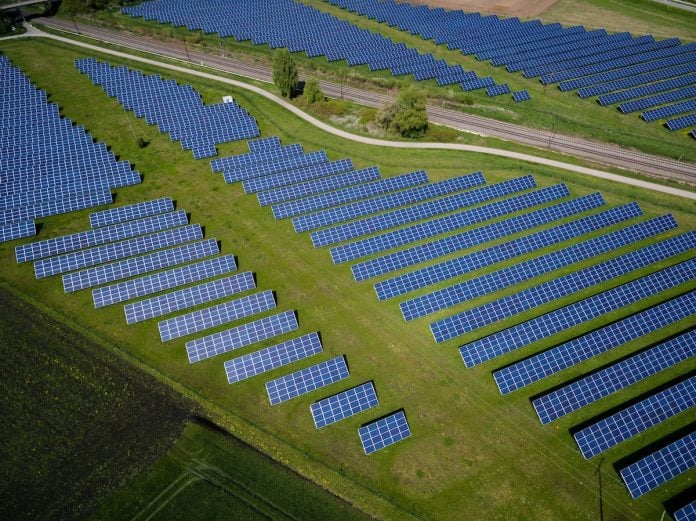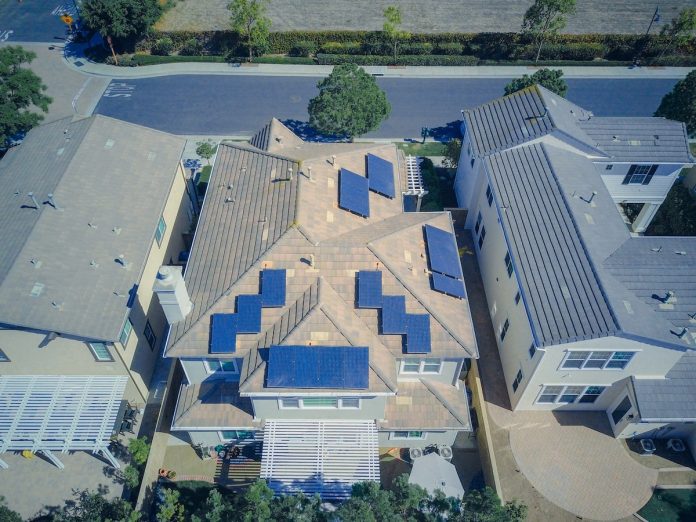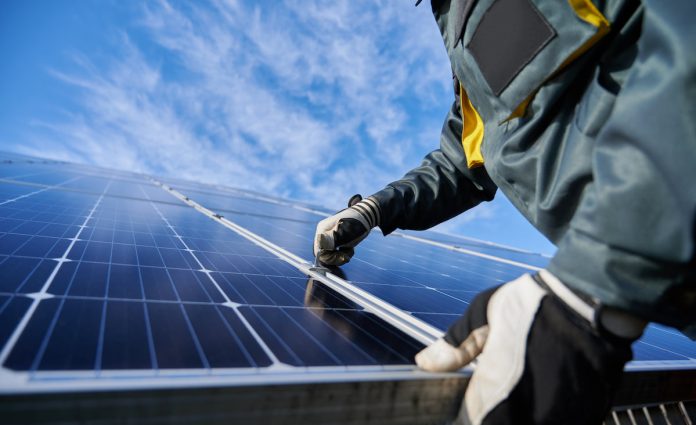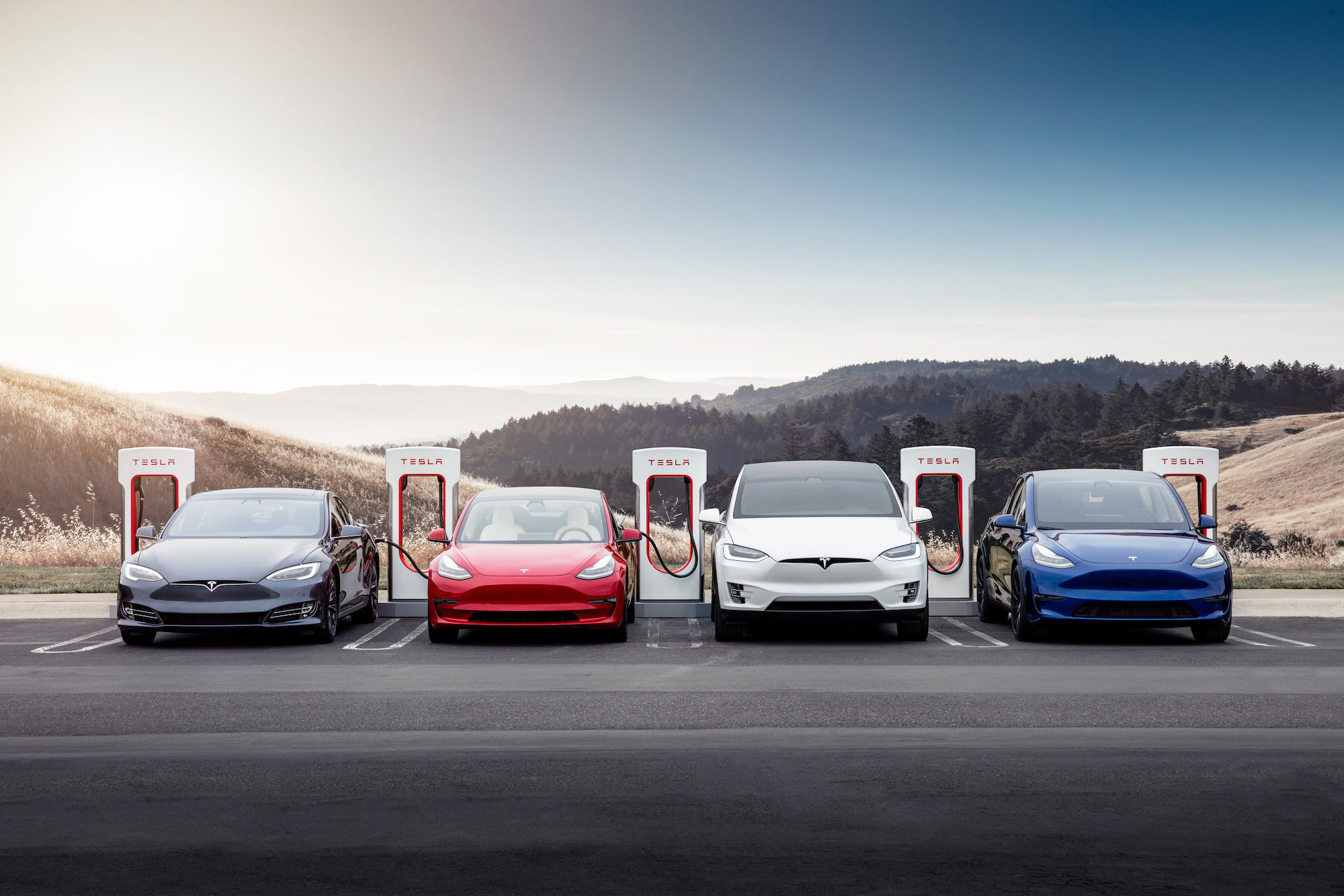Energy Compare: Understanding Your Solar System’s Efficiency
What is solar panel efficiency?
Understanding your solar system’s efficiency: the percentage of sunlight that hits a solar panel and is converted into electricity. The higher the efficiency, the more electricity a solar panel can produce from a given amount of sunlight.
So, if a solar panel gets a 15% efficiency rating, it indicates that under the correct conditions – specifically, the Standard Test Conditions – 15% of all sunlight that touches the surface of that solar panel will be converted into useful electricity.
Why is solar panel efficiency important?
Solar panel efficiency is significant because it affects the size and cost of your solar system. More efficient solar panels produce more electricity, so you’ll need fewer panels to power your home. This can save you money on the upfront cost of your solar system and your monthly electricity bills.
What factors impact solar panel efficiency?
There are several factors that affect solar panel efficiency, including:
- Type of solar panel: There are three main types of solar panels: monocrystalline silicon, polycrystalline silicon, and thin-film. Monocrystalline silicon solar panels are the most efficient, but they’re also the most expensive. Polycrystalline silicon solar panels are less efficient but also less expensive. Thin-film solar panels are the least efficient, but they’re also the most flexible and lightweight.
- Manufacturing process: The manufacturing process used to make a solar panel can also impact its efficiency. Higher-quality solar panels are typically more efficient than lower-quality solar panels.
- Age of solar panel: Solar panels typically degrade over time, which can reduce their efficiency. However, the rate of degradation is relatively slow, and most solar panels will still be operating at over 80% efficiency after 25 years.
- Temperature: Solar panels generate more electricity at cooler temperatures.
- Solar panel orientation: Solar panels should be oriented directly facing the sun to maximize efficiency.
- Shading: Shading from trees, buildings, or other objects can also reduce solar panel efficiency.
What is the efficiency of solar panels?
The majority of solar panels on the market now are between 16% and 20% efficient.
A premium efficiency panel has an efficiency rating of at least 20%. This may appear to be a low number, but it isn’t in the larger scale of things. Engines in cars, for example, are just 12% to 30% efficient.
SunPower currently sells solar panels that are 22.8% efficient, making them the most efficient residential solar panels on the market. REC Group, Panasonic, Silfab, and LONGi are some other top efficiency panel makers.

How to compare the efficiency of solar panels
When comparing the efficiency of solar panels, it’s important to look at the rated efficiency of the panel. The rated efficiency is the maximum efficiency that the panel can achieve under ideal conditions. However, it’s significant to note that the actual efficiency of a solar panel will be lower than the rated efficiency due to environmental factors.
Another way to compare the efficiency of solar panels is to look at the performance ratio of the panel. The performance ratio is the ratio of the actual amount of electricity produced by the panel to the amount of electricity that the panel would produce under ideal conditions. A performance ratio of 100% would mean that the panel is operating at its rated efficiency. A performance ratio of less than 100% would mean that the panel is operating at less than its rated efficiency.
How to improve the efficiency of your solar system
There are several things you can do to improve the efficiency of your solar system, including:
- Choose high-efficiency solar panels: When choosing solar panels for your system, it’s significant to select panels with a high-rated efficiency.
- Install your solar panels in a sunny location: Solar panels need direct sunlight to operate at their peak efficiency. Avoid installing your solar panels in shaded areas.
- Keep your solar panels clean: Dust and dirt can reduce the efficiency of your solar panels. Make sure to clean your solar panels regularly.
- Use a solar inverter: A solar inverter converts the DC electricity produced by your solar panels into AC electricity that can be used by your home. A high-quality solar inverter will help to maximize the efficiency of your solar system.
- Monitor your solar system’s performance: There are a number of solar monitoring systems available that can help you to track the performance of your solar system. This information can help you to identify any problems with your system and to make sure that it is operating at its peak efficiency.
- Maintain your solar system: It’s important to have your solar system inspected and maintained regularly by a qualified solar installer. This will help to ensure that your system is operating safely and efficiently.

What is the best way to compare solar quotes?
When comparing solar quotes, it’s significant to compare the total cost of the system, the rated efficiency of the panels, and the performance ratio of the system. It’s also essential to make sure that the solar installer is licensed and insured.
Conclusion: understanding your solar system’s efficiency
Solar panel efficiency is an essential factor to consider when choosing a solar system for your home. More efficient solar panels produce more electricity, so you’ll need fewer panels to power your home. This can save you money on the upfront cost of your solar system and your monthly electricity bills.






